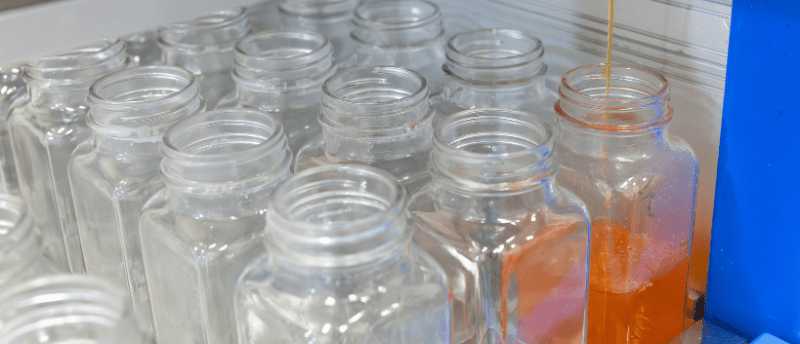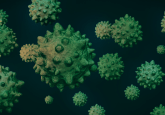Accidental discovery: SwRI scientists stumble upon a chromatography game-changer

A new ion-assisted chromatography purification technique has been developed by researchers at Southwest Research Institute (SwRI; TX, USA).
As most bioanalysts will concur, chromatography is an essential tool for drug discovery, development and quality control. But a persistent problem with the technique remains: the purification of highly polar compounds without expensive, specialized equipment.
While studying antidotes to nerve agents and pesticides, a team at SwRI stumbled upon a new purification technique, offering a simple yet effective solution. By adding calcium chloride during normal-phase chromatography of highly polar compounds, the team achieved purification results similar to those achieved with high-end equipment and materials.
“By far, the most widely used chromatography purification process relies on silica gel; however, silica fails when purifying extremely polar organic compounds, commonly used in active pharmaceutical ingredients,” explained Research Scientist Travis Menard. “Other purification materials exist, but are substantially more expensive. We think we’ve found a reliable and inexpensive alternative.”
You may also be interested in:
- Ion Chromatography Through the Ages with Alexandra Zatirakha
- Celebrating 50 Years of Ion Chromatography
- Lights, column, action: a cleaner method for protein purification
The technique can be applied to organic compounds such as amines, amine salts and peptides, which are all common drug ingredients. Lead Scientist Shawn Blumberg recounts how the team stumbled upon the discovery:
“We made the discovery almost by accident. Our deionized water system was offline, so I decided to use tap water with hydrochloric acid. All of a sudden, we achieved really good results. Realizing that tap water in South Texas contains limestone or calcium carbonate provided the first clue that this technique might work.”
Blumberg and his team developed the new technique over several years, but the 2025 internal research and development project allowed them to evaluate and optimize the technique with a selection of active pharmaceutical ingredients currently under development at SwRI.
The discovery’s implications extend beyond cost savings. “Our preliminary results show ion-assisted chromatography may also apply to the purification of peptides. That would be a significant breakthrough,” noted Menard, who will present a poster on this subject at the AAPS PharmSci 360 event on November 9–12, 2025, in San Antonio.
Additional research is needed to evaluate the technique for other pharmaceuticals made with peptides, including semaglutide or GLP-1.






